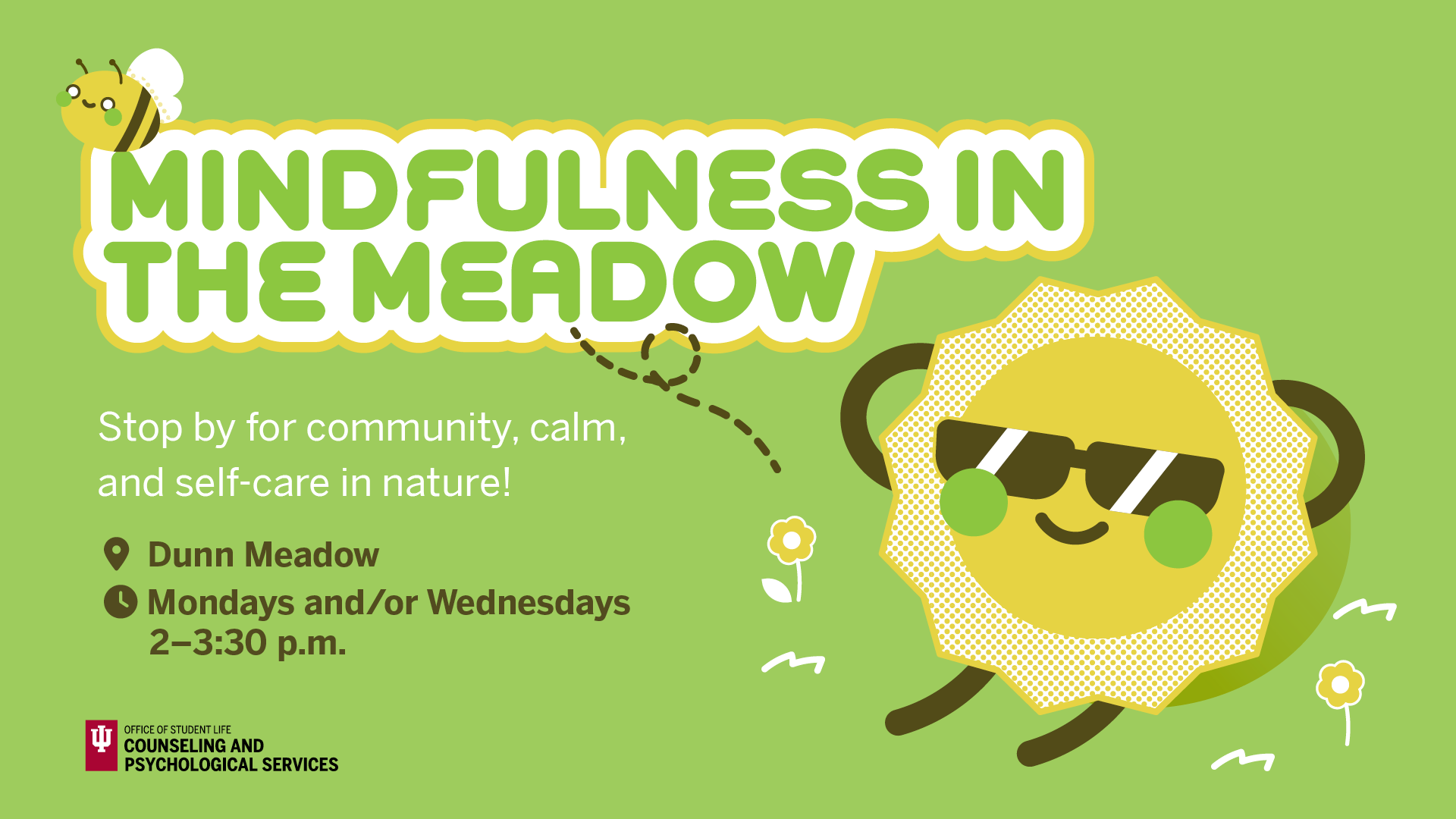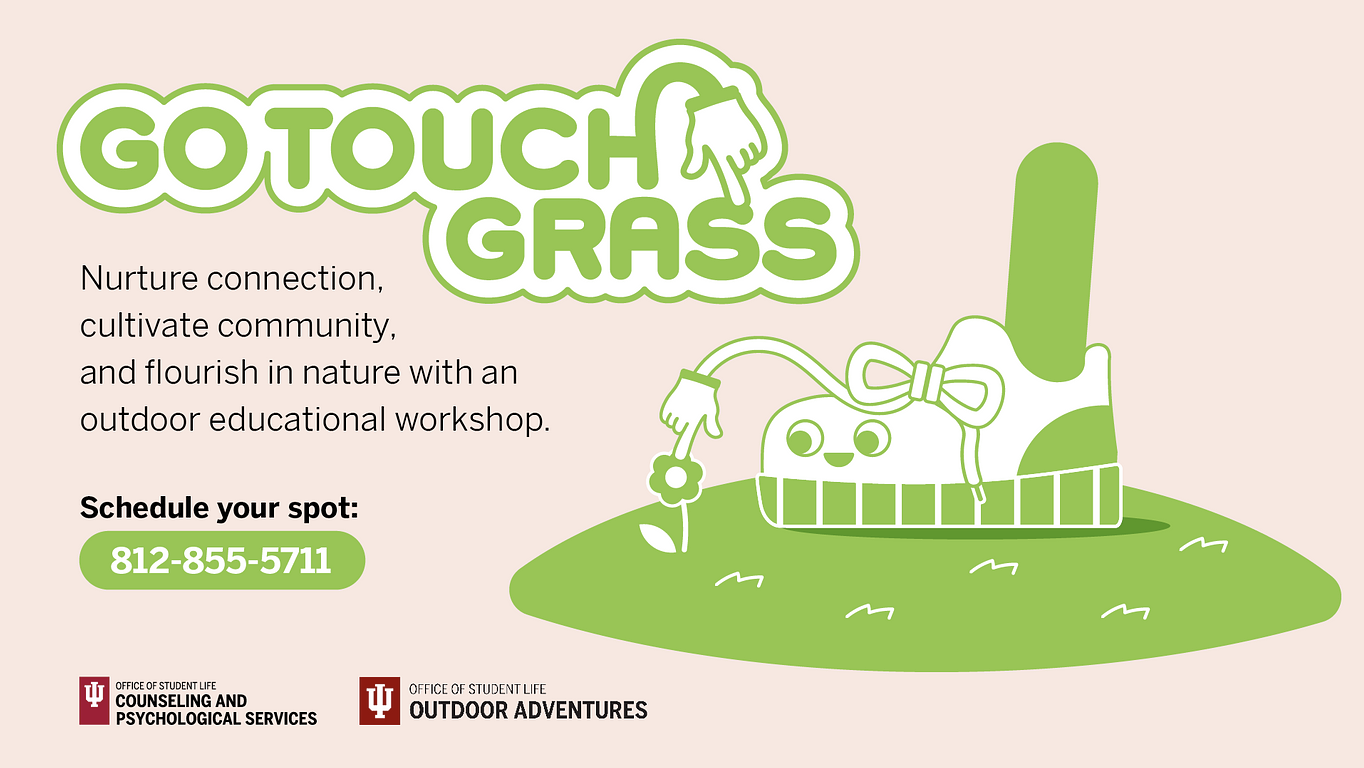Group counseling
We offer a variety of counseling groups each semester. These are provided at no charge to all IU students who have paid the student health fee. There are both in-person and online options available.
In these groups of two to eight participants and one or two counselors, you’ll receive weekly support from peers going through similar experiences and can learn how to problem-solve and better manage your symptoms.
(We know you may find talking with your peers about your problems uncomfortable at first, but most students get over this discomfort quickly. Don’t let your doubts keep you from joining us.)
If you are interested in participating, please call CAPS to arrange a free Initial Consultation appointment. During this appointment, a counselor will offer more details and assist you in enrolling in the group.



